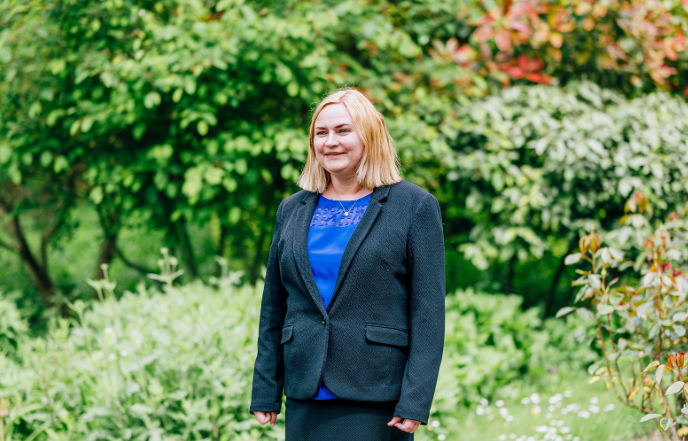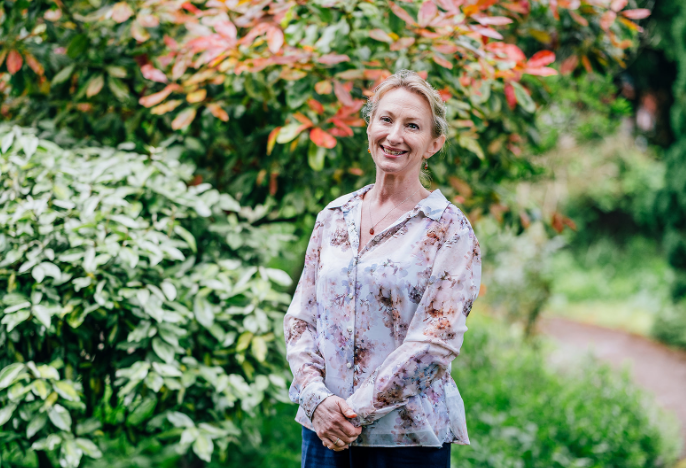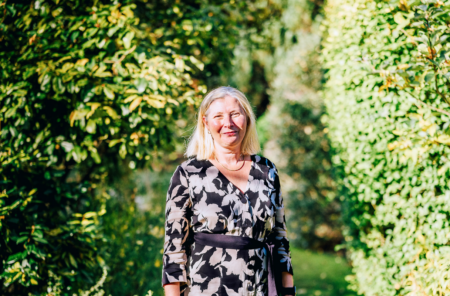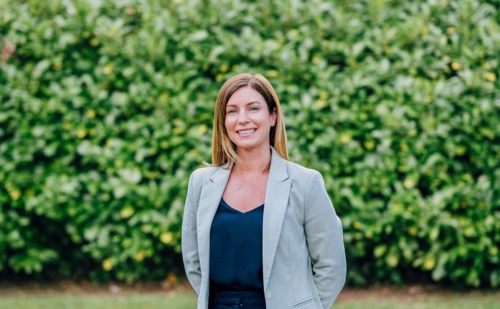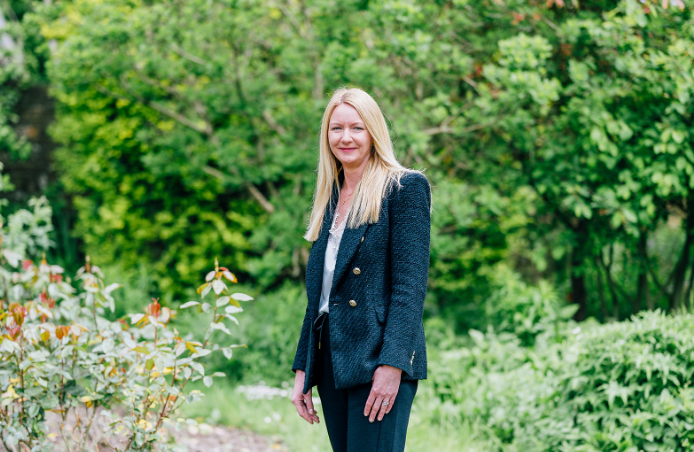When someone passes away, the Will they leave behind might not always reflect the wishes or circumstances of the beneficiaries. Fortunately, the law allows for changes to be made to the Will (even after death) through a Deed of Variation.
At Merriman Solicitors, we provide expert advice on how post-death variations to Wills can ensure a fair and appropriate distribution of the estate, based on updated family or financial circumstances. Contact us today for expert legal advice!
What is a post-death variation?
A post-death variation, formally known as a Deed of Variation, is a legal document that allows beneficiaries to alter the distribution of the deceased’s estate. This is often done to accommodate family needs, manage tax liabilities, or address specific personal circumstances that weren’t accounted for when the Will was originally written.
Who can make a post-death variation?
A Deed of Variation can be requested by any beneficiary who is affected by the changes. However, in cases where more than one beneficiary is impacted, all affected beneficiaries must agree to the variation. The variation must be made within two years of the date of death to qualify for tax relief purposes.
What is the process for a post-death variation?
The process of creating a Deed of Variation is relatively straightforward, but it requires careful legal handling to ensure it is valid. The key steps include:
- Agreement among beneficiaries: The beneficiaries involved must agree to the variation.
- Drafting the Deed of Variation: A solicitor will draft the legal document outlining the agreed changes to the Will’s distribution.
- Signing the Deed: All relevant beneficiaries must sign the Deed, and in some cases, it may need to be lodged with HMRC for tax purposes.
- Filing with HMRC (if applicable): If the variation impacts inheritance tax or capital gains tax, it must be submitted to HMRC to ensure that any tax benefits are applied.
What happens if there’s no Will (intestacy)?
Even if someone dies without a Will, it’s possible to adjust the distribution of the estate under intestacy rules using a Deed of Variation. Beneficiaries can agree to redirect their inheritance to other family members, charities, or trusts in line with the family’s wishes or to better manage tax liabilities.
Can a post-death variation reduce inheritance tax?
Yes, one of the most common reasons for a post-death variation is to reduce the inheritance tax (IHT) burden on the estate. By varying how assets are distributed, beneficiaries can redirect some of their inheritance to others, such as children or charitable organisations, which may reduce the estate’s overall tax liability. This can be particularly beneficial in estates that exceed the IHT threshold of £325,000.
Do I need a solicitor for a post-death variation?
While it is technically possible to draft a Deed of Variation without legal help, it is highly recommended to seek professional advice. The legal and tax implications can be complex, and an error in the drafting or filing process could lead to the Deed being invalid or tax relief being missed. At Merriman Solicitors, we ensure that the process is handled with care and precision, protecting your interests and maximising any potential tax benefits.
How much does a post-death variation cost?
The cost of creating a Deed of Variation depends on the complexity of the estate and the nature of the changes requested. Merriman Solicitors offers transparent pricing, and our team will provide a tailored quote based on your individual circumstances. Typically, the legal fees for drafting a Deed of Variation are more than offset by the tax savings and benefits achieved.
How can Merriman Solicitors help?
As experienced family and probate solicitors, we have extensive knowledge of post-death variations and how to ensure the process is as smooth as possible. We offer compassionate legal support, ensuring the Will or intestacy rules are varied to meet the current needs of the beneficiaries. Whether you are looking to manage inheritance tax, protect vulnerable family members, or resolve issues with the Will, our team is here to help. Get in touch with us on 01672 515846, visit one of our offices or fill in our online contact form.




